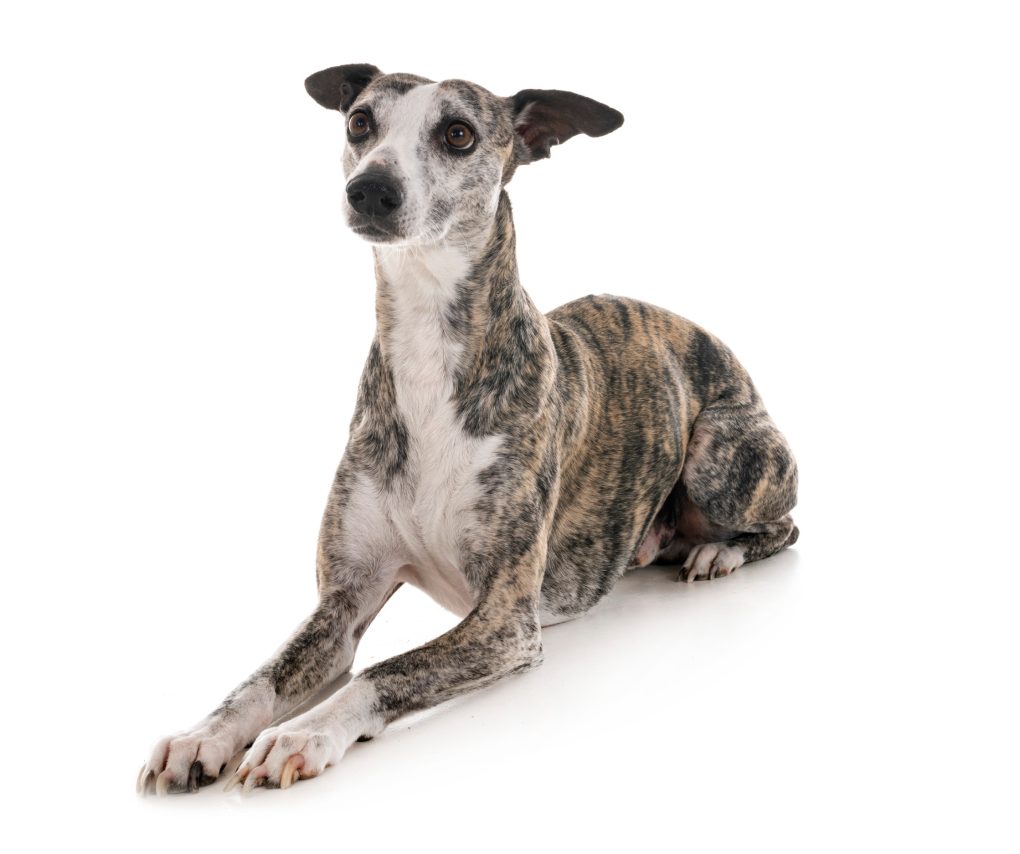Can Whippets Eat Cheese: Risks and Benefits of Feeding Cheese to Your Dog
Yes, Whippets can eat cheese in moderation, but it should not be a regular diet. Cheese is a good source of protein and calcium but is also high in fat and calories, leading to weight gain and other health issues if fed in excess. Additionally, some dogs may be lactose intolerant and have difficulty digesting dairy products, which can lead to gastrointestinal upset.
Table of Contents
Dogs and Cheese


Cottage Cheese
Dogs can eat cottage cheese in moderation. Cottage cheese is a good source of protein and calcium, which can benefit your dog’s health. However, choosing low-fat or fat-free cottage cheese is essential to avoid giving your dog too much fat, which can cause digestive upset and contribute to weight gain.
When feeding your dog cottage cheese, start with small amounts and gradually increase the serving size. For example, you can mix cottage cheese into your dog’s food as a nutritious and tasty supplement.
Blue Cheese
While blue cheese is not toxic to dogs, it’s generally not recommended to feed it to them, as it can cause digestive upset and potentially more severe health issues. For example, blue cheese is high in fat and sodium, which can lead to obesity, digestive problems, and dehydration in dogs. Additionally, blue cheese and other types of cheese can be complex for dogs to digest, which can cause gas, bloating, and diarrhea.
Cream Cheese
Cream cheese is generally safe for dogs to eat in small amounts, but it’s not recommended to feed it regularly. Cream cheese is high in fat and calories, which can contribute to obesity and digestive problems in dogs. Additionally, some dogs may be lactose intolerant and have difficulty digesting dairy products like cream cheese, which can cause diarrhea, gas, and other digestive issues.
Benefits of Feeding Cheese to Your Dogs
- Protein: Cheese is a good source of protein, which is essential for building and repairing muscles, tissues, and organs.
- Calcium: Cheese is also a good source of calcium, according to Harvard T.H. Chan School of Public Health, which is essential for strong bones and teeth.
- Vitamins: Cheese contains several vitamins, including vitamin A, vitamin B12, and vitamin D, which are essential for overall health and well-being.
- Mental stimulation: Many dogs enjoy the taste and texture of cheese, and offering it as an occasional treat can provide mental stimulation and enrichment.
- Training tool: Cheese can be great for training and rewarding good behavior. It’s high in protein and fat, making it a tasty and motivating reward for your dog.


Risks of Feeding Cheese to Your Dog
- Lactose intolerance: Some dogs may be lactose intolerant and have difficulty digesting dairy products, leading to gastrointestinal upset, including diarrhea, vomiting, and bloating.
- High in fat and calories: Cheese is high in fat and calories, which can lead to weight gain and other health issues if fed in excess. It’s essential to feed cheese in moderation and to choose low-fat options.
- Choking hazard: Cheese can be a choking hazard, especially if given in large chunks or if your dog is a fast eater. Always supervise your dog when eating cheese or any other type of treatment.
- Potential for pancreatitis: Cheese is high in fat, which can increase the risk of pancreatitis in dogs, a condition that causes inflammation of the pancreas and can be life-threatening.
- Risk of tooth decay: Cheese is high in lactose, contributing to tooth decay and dog gum disease.
Reminders When Feeding Cheese to Your Dog
Never Give Cheese to Overweight Dogs or Dogs With Kidney Problems
Dogs that are overweight or have kidney problems may have special dietary needs that a veterinarian should address. Cheese is generally high in fat and calories, so it’s not recommended to feed it to dogs that are overweight or have a history of obesity. Additionally, some types of cheese, such as those high in sodium or protein, can be complex for dogs with kidney problems to process and may exacerbate their condition.
Do Not Give Cheese to Lactose Intolerant Dogs
Dogs lack the enzyme lactase necessary to break down lactose in dairy products. However, when lactose-intolerant dogs consume cheese, they may experience diarrhea or other digestive issues due to the cheese causing an overabundance of lactose in their system.
Additionally, dairy-based products such as cheese are high in fat and can lead to fatty diarrhea or pancreatitis in dogs. Therefore, cheese should be avoided as a regular meal or treat for lactose-intolerant dogs. Instead, a balanced diet that includes low-fat and low-lactose options should be fed to your dog.


Instead of cheese, lactose-intolerant dogs may be able to enjoy dairy products such as milk and cheese without experiencing any adverse effects. However, it is still essential to ensure that these items are low in fat and calories to provide energy without adding extra weight to your dog’s diet. Overall, cheese is best avoided by lactose-intolerant dogs; instead, a balanced diet that includes low-fat and low-lactose options should be fed to your dog.
Never Give Cheese to a Dog Who Has Had Pancreatitis
Pancreatitis is when the pancreas becomes inflamed and can be caused by various factors, including high-fat diets. Cheese is generally high in fat, so feeding it to dogs with pancreatitis or prone to developing the condition is not recommended.
Suppose your dog has a history of pancreatitis. In that case, working closely with your veterinarian to develop an appropriate diet that meets its nutritional needs while minimizing the risk of a flare-up is essential.
